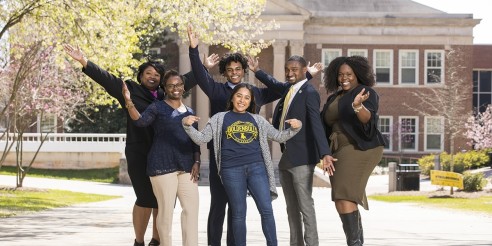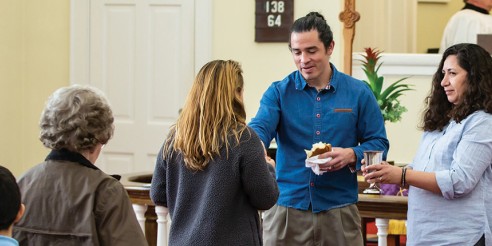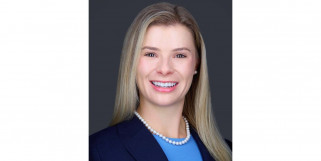The Duke Endowment enriches lives and strengthens communities in North Carolina and South Carolina.
We support grantees as they nurture children, promote health, educate minds and uplift spirits
100 Years of Commitment to the Carolinas
We are marking 100 years of The Duke Endowment: Established by James B. Duke and inspired by the people of the Carolinas, we invest in a vision for our shared future.
Framing the Future
Decisions today become tomorrow’s reality. These visionary Endowment grantees are helping frame our collective future — from expanding health care and supporting foster families to improving education and connecting neighbors through healthy food. Together, we are making a powerful impact today and adding to the promise of tomorrow.
Our Commitment to Racial Equity, Diversity and Inclusion
We are systematically reviewing our grantmaking and organizational culture through the lens of racial equity, diversity and inclusion to better understand and fight the damaging effects of historic inequities and systemic bias across our work.
Latest News & Stories
Get the latest from the Endowment and read more about the impact of the work being done by our grantees and individuals in the field

Former Church Buildings Find New Purpose
Congregations are banding together to repurpose empty churches as community pillars to address issues like housing.
February 14, 2024 | Public News Service
Apply for a grant
Select 501(c)(3) organizations in North Carolina and South Carolina may be eligible for grants through The Duke Endowment.










